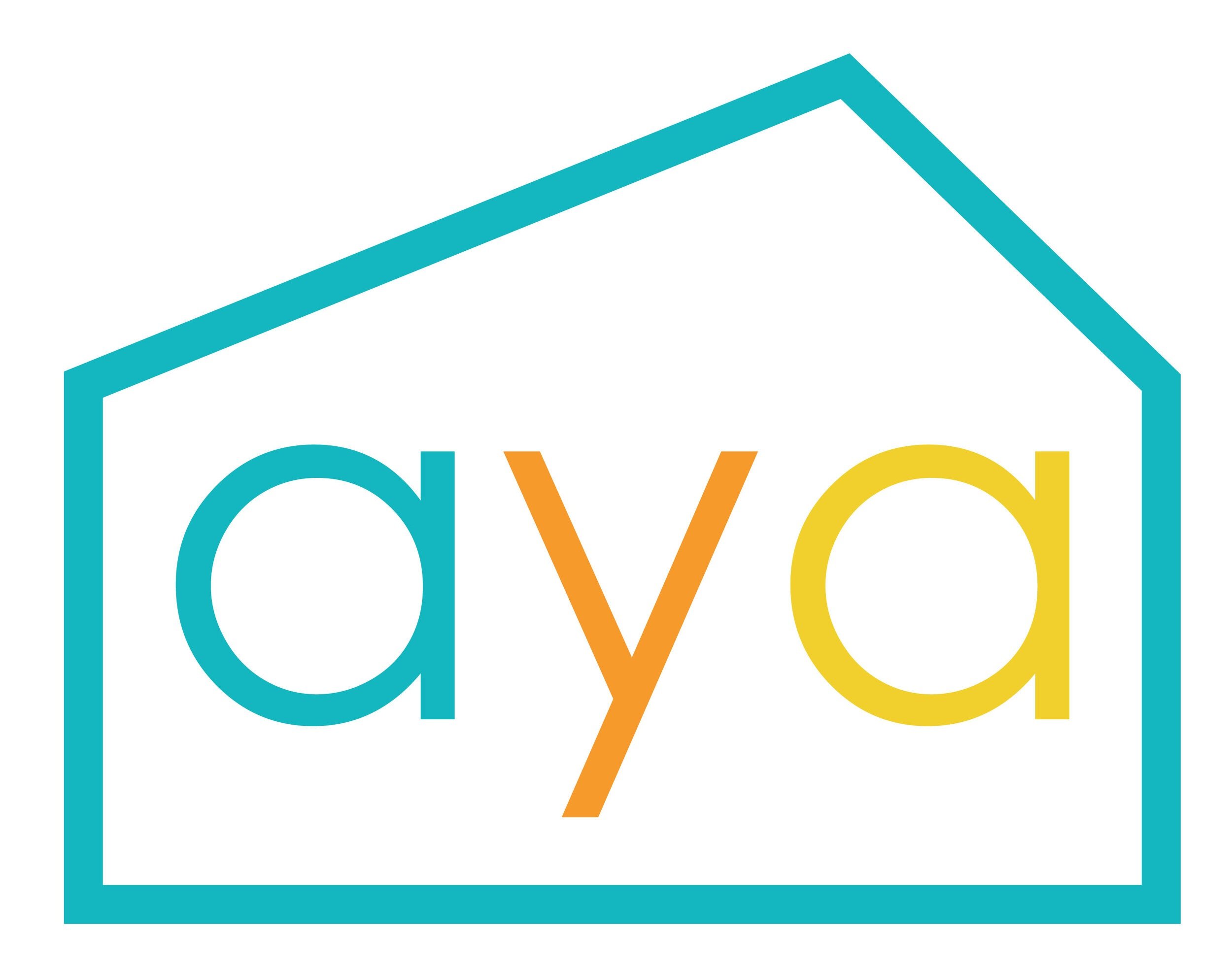Twos Community (2-3yrs)
The prepared environment and program for infants will be highly individualized and carefully designed by trained teachers and assistants to foster independence in the areas of sleep, movement, eating, self-care, and communication. Activity mats with a mirror and tracking mobiles will stimulate young, non-mobile infants and support their muscular development for crawling. Older, mobile infants will be introduced to safe, indoor and outdoor climbing structures, bridges, and bars to transition from crawling to walking. Shelves in the environment will contain sensory, fine motor, and language materials available for exploration throughout waking periods. During diapering or toileting and feeding routines, children will be given opportunities to communicate their needs and gain independence over their activities.
Toddlers 18 months and older will continue their program with a structured 1.5-2 hour cycle of morning routines and more opportunities for independence followed by outdoor play and afternoon activities. Fine and gross motor development and language and self-expression will be emphasized and encouraged through group circle activities with stories and music; educational activities involving prepared materials; and self-care and practical life activities of food preparation, dressing, hand washing, face washing, hair combing, eating, drinking, and sleeping.
Student progress will be measured and shared through regular developmental assessments and parent-teacher conferences.
academic year 2023/2024 information
School Hours:
School Day: 7am - 4pm (covered by basic tuition).
Recommended Drop-off Time: 8AM
Extended-Care: 4PM - 6PM (available per request and for an additional hourly fee. Request tuition here).
Enrollment Options for Twos:
Full-time Only (5-days/week) - Twos
Year round only.
Twos at Aya (2yrs-3yrs)*
Ratio: 1:5 (teacher:child)
Staff: 1 Infants/Toddlers Duide + 1 Classroom Assistant.
Schedule:
7:00 Arrival + Learning Cycle
9:30 AM Snack
9:45 Diaper Change/Bathroom Use
10:00 Outdoor Recess
10:45 Circle Time
11:00 Lunch Time
11:45 Cleanup + Diaper Change / Bathroom Use
12:00 Nap Time
2:30 Wake Up + Diaper Change/Bathroom
3:00 Second Language/PM Snack/Enrichment Classes
4:00 Dismissal (or Extended Care)
4-5 Extended Care (per hour/pre-registration required)
Once the child turns 3 and they are fully bathroom independent, they will transition to Primary at the beginning of the new academic year in September (or sooner per availability).
Learning for Twos
During the first 3 years of life, your child develops more rapidly than at any other time. During this phase, your child absorbs large amounts of information from the environment through observation and experiences. These are the years that lay the foundation for later learning—and the stronger the foundation, the more the child will be able to build upon it.
Montessori Toddler/Twos programs offer a curriculum that emerges from each child’s unique skills and interests. Based on daily observations, teachers introduce new materials and activities that pique curiosity and stimulate learning. Learning objectives for your child at this age include developing skills such as language, concentration, problem solving, visual discrimination, and physical coordination.
The routines of everyday living are the foundation of Montessori Twos programs. Activities promote independence, order, coordination, and concentration, as well as support social, emotional, physical, and cognitive development. These learning activities include:
Self-care: washing, dressing, toileting, and eating, according to each child’s individual capacity
Care of the environment: cleaning, food preparation and food service; plant care and animal care
Large-motor activities (indoors and out): walking, climbing, running, jumping, balancing, climbing steps, and more
Fine-motor skills: reaching, grasping, picking up objects, transferring objects, using tools and utensils, doing art work
Language: naming objects, describing actions and intentions, discussing pictures, conversation, music, and singing
Social skills: developing manners through interactions with peers, teachers, and adult-led small group games
Here are a few areas we focus on during the first three years:
Sensorial dev. + Concentration
Movement + Large Motor Skills
Fine Motor Skills + Independence
Vocabulary Enrichment + Social Language





